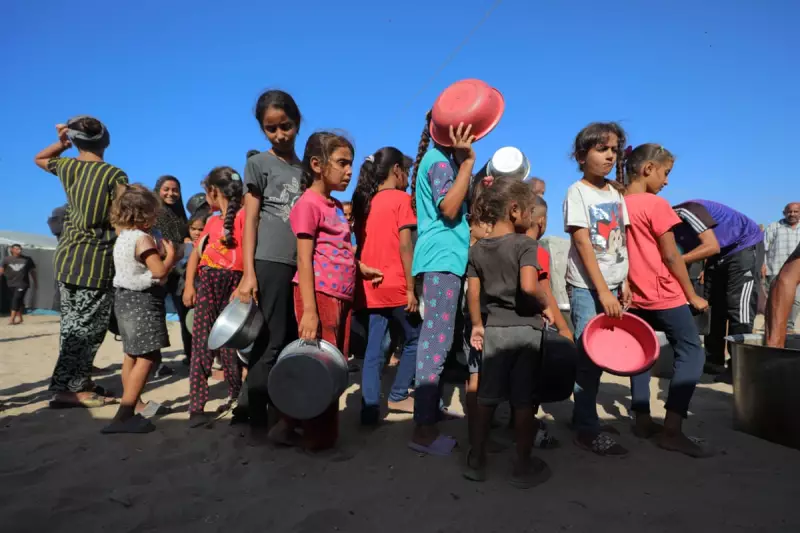
In a dramatic development that has sent shockwaves through international diplomatic circles, former US President Donald Trump has unveiled what he describes as a "comprehensive peace plan" for the Gaza conflict. The proposal emerges amid ongoing tensions in the region and could potentially reshape Middle Eastern politics.
The Core Components of Trump's Proposal
The plan, detailed in documents obtained by The Guardian, outlines several key elements that would fundamentally alter the current situation in Gaza. According to sources familiar with the matter, the framework proposes:
- Immediate ceasefire implementation with international monitoring mechanisms
- Demilitarisation of Hamas forces and restructuring of Gaza's security apparatus
- Economic development packages aimed at rebuilding Gaza's shattered infrastructure
- Political pathway negotiations for long-term governance solutions
International Reactions and Diplomatic Fallout
Initial responses from regional powers have been mixed, with some parties expressing cautious optimism while others remain deeply sceptical. European diplomats have privately questioned the timing and feasibility of the proposal, given Trump's current status as a private citizen.
"This represents a significant intervention in one of the world's most intractable conflicts," noted one Middle East analyst. "The fact that it's coming from a former president rather than the current administration adds a layer of complexity to an already delicate situation."
Potential Implications for Regional Stability
The proposal arrives at a critical juncture in the Israel-Hamas conflict, with humanitarian concerns mounting and international pressure growing for a sustainable resolution. Security experts suggest that while the plan contains some innovative elements, its implementation would face numerous practical and political challenges.
Regional powers are carefully studying the document, weighing potential benefits against the risks of engaging with a proposal from a former US president who may seek re-election. The coming weeks are likely to see intense diplomatic manoeuvring as various stakeholders position themselves in response to this unexpected development.






